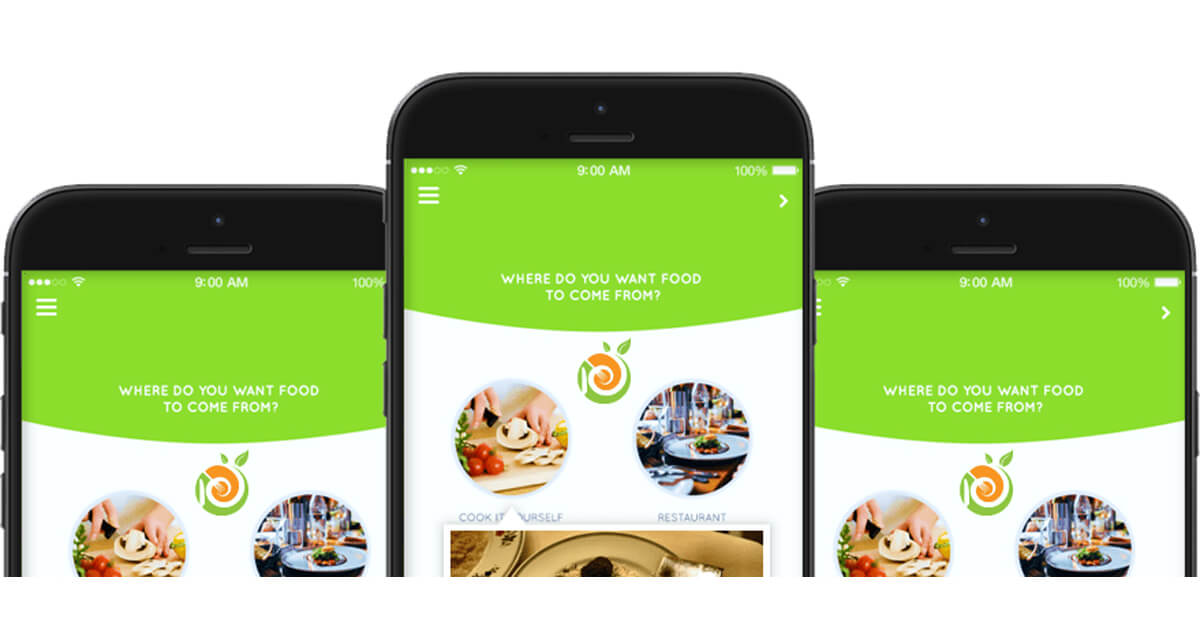A community in one of the states hardest hit by diabetes will soon have a novel way to manage the disease. Southern University and A&M College in Baton Rouge, Louisiana, is launching a pilot program with LLENA(AI), an artificial intelligence glycemic index platform that recommends meals to help control blood sugar.
The pilot, launching mid-August and running until January, gives participants access to nutrition education classes twice a month that include a cooking demonstration from recipes on the app. Participants will also be able to use LLENA(AI) if they are eating from a restaurant to make sure what they are ordering is in line with their blood sugar needs.
The pilot is just one aspect of a larger program that Southern University is instituting through its new Center of Excellence for Nutrition, Health, Wellness and Quality of Life, which is funded by a $1.68 million grant from the US Department of Agriculture.
Charlotta Carter, CEO of GRI Technology Solutions and founder of LLENA(AI), developed the artificial intelligence platform after being diagnosed in 2017 with type two diabetes.
“I have a family history of it, my grandmother died of it and my aunt died,” Carter told The Plug. “My whole family’s been affected by diabetes.”
Carter’s experience is not rare. Black Americans are more likely to be affected by diabetes than white Americans. They are 60 percent more likely to be diagnosed with the disease and twice as likely to die from it due to a combination of risk factors such as a lack of access to health care, socioeconomic status and cultural attitudes, according to the HHS Office of Minority Health.
LLENA(AI) uses information like blood sugar, blood pressure and location to recommend meals for people with diabetes to help them control blood sugar levels. Carter was able to get off insulin with her endocrinologist by using a method that utilized glycemic index monitoring, coaching and exercise.
Carter’s platform, which stands for Learning to Love to Eat Nutritiously Always, is also part of a pilot project with her alma mater, Southern University.
Fatemeh Malekian, professor of food science at the Southern University Agricultural Research Center, is working with Carter on the pilot. She said teaching different approaches to food can be as simple as making one swap.
“In Louisiana, we have red beans and rice, but I always tell people you don’t need the sausage,” Malekian told The Plug. “You can have baked chicken on it.”
Understanding the culture and the way the community prepares food is just one way that the Center of Excellence for Nutrition, Health, Wellness and Quality of Life is hoping to reach residents.
“[The community members] trust us, and that’s the idea behind the proposal at this center of excellence,” Malekian, who is project director of the center, said.
The proposal includes a nutrition education component, which LLENA(AI) is a part of, as well as research and extension efforts all aimed at addressing health disparities in the community.
In 2017, about 12 percent of adults 20 years or older in the East Baton Rouge parish were diagnosed with diabetes, according to CDC data. The national average was 8.5 percent for adults 18 years or older.
An estimated 8 percent of adults are uninsured in the Baton Rouge area, which is less than the statewide average of 11 percent, a 2019 survey found. But for low-income Baton Rouge residents, that number is nearly 12 percent.
The area also struggles with having access to healthy food. Between 17 and 23 percent of the parish is in a food desert, having limited access to grocery stores. Malekian said the area around Southern University is a food desert, which is not uncommon for HBCUs.
Carter said LLENA(AI) is hoping to address this by building a relationship with Walmart, one of the main grocery stores in the area, so users can order their food through the app and have it delivered, similar to the relationship the app already has with Amazon Fresh.
For Malekian, the success of this pilot will vary depending on each participant. If someone is on medication, she hopes they may not need medicine by the end of the six months. Ultimately, both she and Carter want to see behavioral changes.
“By knowing what to shop, when they are at Walmart or Costco for example, then they can make a better choice and make their foods healthier,” Malekian said.








